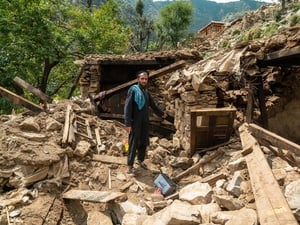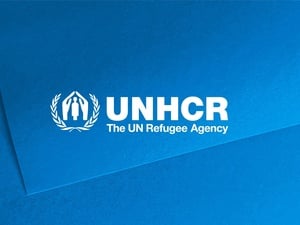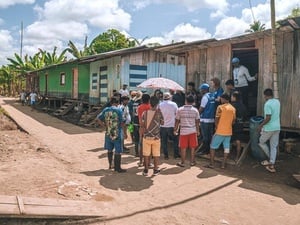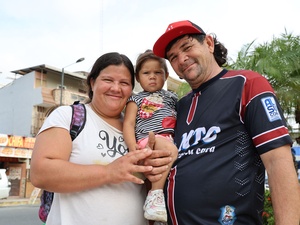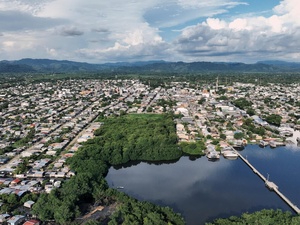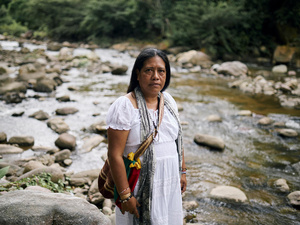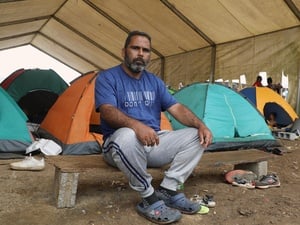UNHCR concern at increasing murders of local leaders in Colombia
UNHCR concern at increasing murders of local leaders in Colombia

A file photo from 2008 shows displaced Afro-Colombian children in the Familias en Acción settlement on the Pacific near the port of Tumaco. Afro-Colombian communities on Colombia's Pacific coast have experienced high levels of violence.
It is with growing concern that UNHCR, the UN Refugee Agency, has been noting an increase in murders of and threats against human rights defenders and community leaders in the Pacific Coast region of Colombia. In most cases, the victims are from indigenous and Afro-Colombian communities.
A month ago today, on 17th October, José Jair Cortés, a leader from the Afro-Colombian community of Alto Mira y Frontera in Tumaco, in the south-western department of Nariño, was killed by members of an unknown armed group. Since then, and according to the Office of the United Nations High Commissioner for Human Rights in Colombia, at least seven further leaders have been killed and many others have been threatened. In all there are 78 known deaths of leaders and members of social organizations this year and at least 13 other suspected murders. By any measure this is alarming.
In Mr Cortés’ case, he was already under the protection of the authorities at the time of his murder, because of repeated threats against him. He was a leader of the Community Council of Afro-Colombian people who inhabit this region and have been affected by mass displacement and confinement. Some 1,500 people have been displaced in 2017 and many more have been living in confinement, which effectively means they cannot access their crops or fish to maintain their basic subsistence needs. Between 7 and 12 November more than 46 families were forcibly displaced from the Barbacoas and Tumaco municipalities (Nariño department). Leaders from these areas believe that the real number of victims could be much higher because people are afraid to report abuses.
Implementation of Colombia’s Peace Agreement with the FARC, which was announced a year ago, has meant many challenges for communities affected by the presence of armed groups and unlawful activities such as drug trafficking and illegal mining. The power vacuum left by the FARC’s demobilization has turned many areas into territories disputed between new and existing illegal armed groups. Delays and problems to do with local implementation of the main accords of the Peace Agreement, such as voluntary substitution of illicit crops or local development, have increased uncertainty in an environment where the presence of the state remains weak.
Proper protection of the most affected populations, including internally displaced persons, is crucial to the ongoing peace-building efforts in Colombia. UNHCR urges the Colombian authorities to implement additional protection measures both for individuals at risk and for affected communities. These need to include a police presence in targeted areas, the setting up telecommunication infrastructure to improve communications, and other measures. In the same way, it is important to consult Afro-Colombian and Indigenous authorities and communities in several departments affected by the continuing presence of illegal armed groups, in order to effectively respond to the challenges to the Peace Accord.
For more information on this topic, please contact:
- In Mexico, Francesca Fontanini, [email protected], +52 1 (55) 9197 2690
- In Geneva, William Spindler, [email protected], 41 79 217 3011


